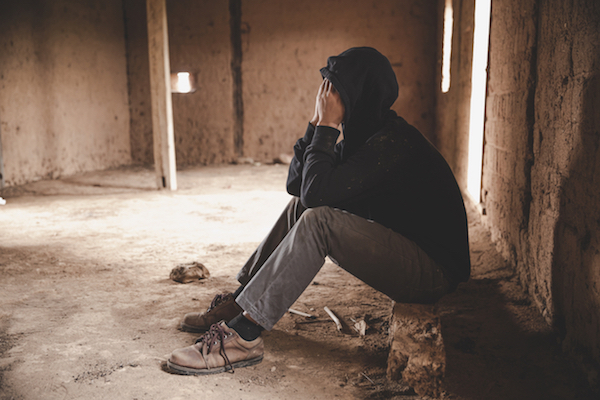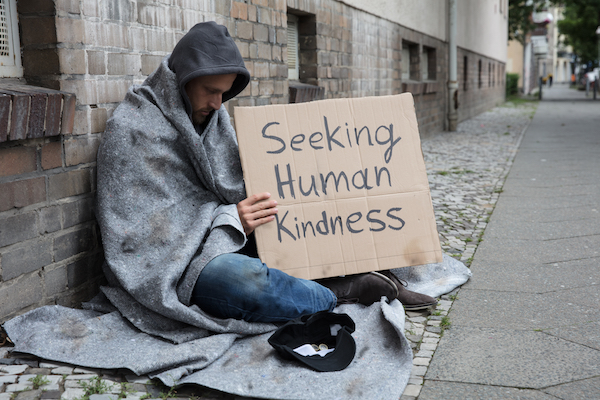Plus: Internet addiction in the age of the pandemic, and New Zealand moves closer to a tobacco ban
By William Wagner
We’ve been writing a lot about fentanyl lately in this space—and with good reason. The synthetic opioid is at the forefront of the overdose crisis. A new study from the University of Washington goes inside the gruesome numbers, breaking down fatal fentanyl overdoses across age groups.
This week, we also shine a light on how the pandemic has exacerbated internet addiction, and New Zealand’s plan to be tobacco-free by 2025.
From the University of Washington:
The Toll of Fentanyl on Young Adults
As with seemingly every state, Washington can point to fentanyl as the culprit in a disturbing number of overdose deaths in recent years. University of Washington researchers studied the data by age groups and found that Washingtonians under the age of 30 have been disproportionately affected. By 2019, fentanyl had become the No. 1 cause of OD deaths among the under-30 population, with a rate of four fatalities per 100,000 people. Just a year later, the fentanyl fatality rate among that population had doubled to eight per 100,000 people.
“For any disease or condition, mortality rates of people under 30 are typically much lower than for people 30 and older. But with fentanyl, we are seeing very similar trends in terms of the rate of increase and the level of deaths. That’s not normal for any health condition, let alone overdose,” Caleb Banta-Green, PhD, the lead investigator of the study, said in a news release.
More troubling, the numbers actually are better in Washington than elsewhere. The state’s fentanyl-related OD deaths are about half those of the U.S. as a whole.
From Psychiatry International:
The Pandemic and Internet Addiction
Hunkered down with limited things to do during the early stages of the pandemic, many of us spent an inordinate time on the internet. Turns out this didn’t come without a cost. According to research out of New Mexico State University (NMSU), more than half of the U.S.’s adult population is either addicted to or at risk of being addicted to the internet.
[A] few strategies to combat severe internet addiction and its psychological impact during the pandemic are: setting boundaries between work and home life, spending time with family members, establishing a healthy routine, being conscious of and regulating technology use … [and] reducing the duration and frequency of internet consumption.”
—New Mexico State University study
The NMSU study included more than 1,300 participants who were surveyed about and then “graded” on their internet use. Forty-one percent of those surveyed were determined to be at risk for internet addiction, and 14 percent had severe addiction. The participants with severe addiction, according to the research, were 13.5 times more likely to suffer from depression and anxiety than those who weren’t addicted.
The researchers lay out some commonsense antidotes in their study: “Given the results of this study and the previous research, a few strategies to combat severe internet addiction and its psychological impact during the pandemic are: setting boundaries between work and home life, spending time with family members, establishing a healthy routine, being conscious of and regulating technology use, reducing the duration and frequency of internet consumption, limiting social and mass media information uptake, having pre-scheduled technology-free periods or activities, avoiding emotional states such as boredom and loneliness, working mindfully and avoiding multitasking, finding balance and practicing healthy coping techniques for stress, learning and using relaxation and mindfulness techniques, limiting ownership and purchase of gadgets, and improvement in lifestyle behaviors such as sleep hygiene, eating healthy, and exercise routines.”
From Vice:
New Zealand to Severely Restrict Tobacco Sales
New Zealand is poised to take an extreme line against tobacco use. Vice reports that as part of New Zealand’s plan to be tobacco-free by 2025, anyone who is now 14 or younger will never be able to legally purchase tobacco in the nation. In addition, the new law—which has a special focus on Maori people, among whom smoking rates are much higher than the general population—will allow only products with very low levels of nicotine to be sold and will significantly reduce the number of shops permitted to sell tobacco products. Support measures will also be introduced to help people quit tobacco. In a tweet on Dec. 8, Ayesha Verrall, associate minister of health in New Zealand and a physician, said, “For all the patients I have cared for who have been killed or maimed by tobacco—this one’s for you.”
Photo: Shutterstock














